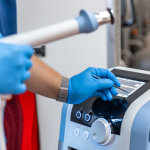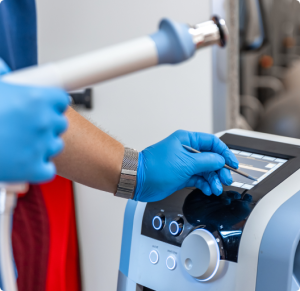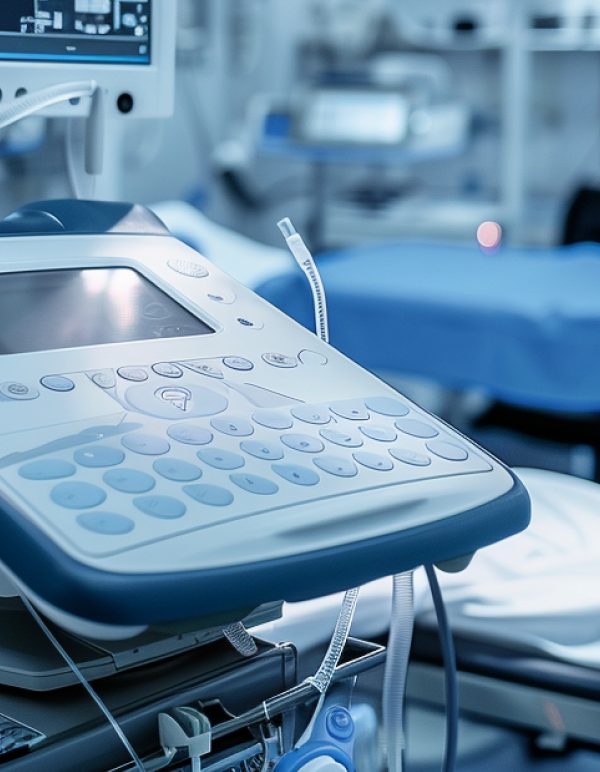What Are Quality Management Systems in the Medical Sector?
A Quality Management System (QMS) is a set of processes, policies, procedures, and resources that an organization implements to ensure that medical devices comply with regulatory requirements and meet user expectations. A QMS covers all stages of a product’s lifecycle — including design, production, testing, distribution, servicing, and post-market activities such as monitoring, complaint handling, and recalls.
Why Is a QMS Essential in the Medical Device Industry?
An effective Quality Management System in the medical device industry:
- standardizes product design and manufacturing processes,
- ensures compliance with international standards and regulations,
- minimizes the risk of product defects,
- enables continuous monitoring and process improvement,
- ensures full traceability throughout the entire supply chain.
Key Elements of a QMS for Medical Devices
Management Commitment
Top management must define strategic quality objectives and allocate the necessary resources to achieve them. Regular management reviews help assess the effectiveness of the system and identify opportunities for improvement. Leadership also plays a key role in fostering a quality culture across the organization.
Process and Product Realization Management
All processes must be documented, validated, and controlled. Special attention is given to critical processes such as sterilization and supplier oversight. Effective management ensures repeatability, compliance with specifications, and overall product safety.
Monitoring and Control
Internal and external audits, CAPA (Corrective and Preventive Actions), and risk management are the main mechanisms for maintaining and improving the QMS. These activities ensure continuous compliance and promote a proactive approach to quality.
Documentation and Traceability
Every activity within the QMS must be properly documented — including work instructions, procedures, records, and change logs. Each medical device must be fully traceable throughout its entire lifecycle.
Key Quality Management Standards and Programs in the Medical Device Industry
ISO 13485
The ISO 13485 standard defines the requirements for a QMS specific to medical devices. It ensures that processes related to design, production, installation, and servicing are compliant with regulatory and risk management expectations.
ISO 9001
While ISO 9001 is a general QMS standard, it can be integrated with ISO 13485. ISO 9001 focuses on continuous improvement and customer satisfaction, complementing the regulatory emphasis of ISO 13485.
MDSAP (Medical Device Single Audit Program)
The MDSAP program allows for a single regulatory audit that satisfies the requirements of multiple authorities simultaneously. Participation in MDSAP reduces the number of inspections and harmonizes regulatory oversight, helping manufacturers streamline compliance processes.
The Role of GCB in Quality Management Systems for Medical Devices
GCB (Global Certification Body) acts as a certification and auditing authority in the field of medical device QMS. Our expertise includes:
- conducting “zero audits” to verify documentation and identify areas for improvement before certification,
- performing surveillance audits to assess CAPA effectiveness, system changes, and ongoing compliance,
- providing certification for ISO 13485 and ISO 9001 in accordance with global regulatory requirements,
- offering independent, objective assessments that enable organizations to access international medical device markets.
Implementing and Maintaining an Effective QMS
The implementation and maintenance of a QMS is a multi-stage process requiring a structured approach and full organizational involvement:
- Preparation of quality documentation, including the Quality Manual, procedures, and work instructions.
- Training personnel on new processes and regulatory requirements.
- Conducting internal audits to identify nonconformities and improvement opportunities.
- Carrying out certification audits — including document review and on-site verification.
- Maintaining certification through surveillance audits, management reviews, CAPA activities, and re-certification every three years.
Challenges in Implementing QMS in the Medical Device Sector
- Complexity of regulatory frameworks and standard requirements,
- Cross-functional collaboration between engineering, production, and regulatory departments,
- Adaptation of existing processes to meet new requirements,
- Continuous system improvement in a rapidly evolving regulatory environment.




























